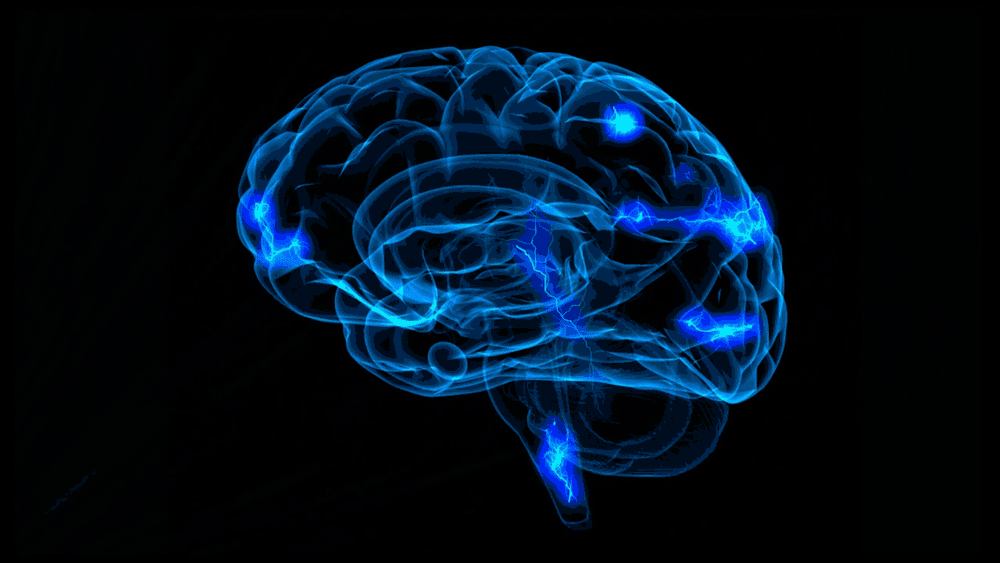A genomic study of more than 300,000 people from the U.S. Department of Veteran Affairs’ Million Veteran Program unveiled 178 gene variants that may be associated with major depressive disorder.
The study, released in the online publication Nature Neuroscience, also involved the use of four data banks, including the UK Biobank, implicating a total of 1.2 million participants.
Major depressive disorder, like other depressive disorders, is complex when it comes to genomical factors. The disorder is said to be a combination of a variety of distinct genetic variants.
“The size of the new genome-wide association study (GWAS) will help clinicians to develop polygenic risk scores to pinpoint those most at risk of developing major depression and other related psychiatric disorders such as anxiety or post-traumatic stress disorder,” according to the study’s authors.
“The study also provides deep insights into the underlying biology of genetic disorders,” the authors also stated in their news release of the findings.
“One of the real goals of the research is bringing forward new ways to treat people suffering from depression.”
The study was funded by the U.S. Department of Veterans Affairs, Million Veteran Program, Cooperative Studies Program, NARSAD Young Investigator Award, and the Brain & Behavior Research Foundation.


